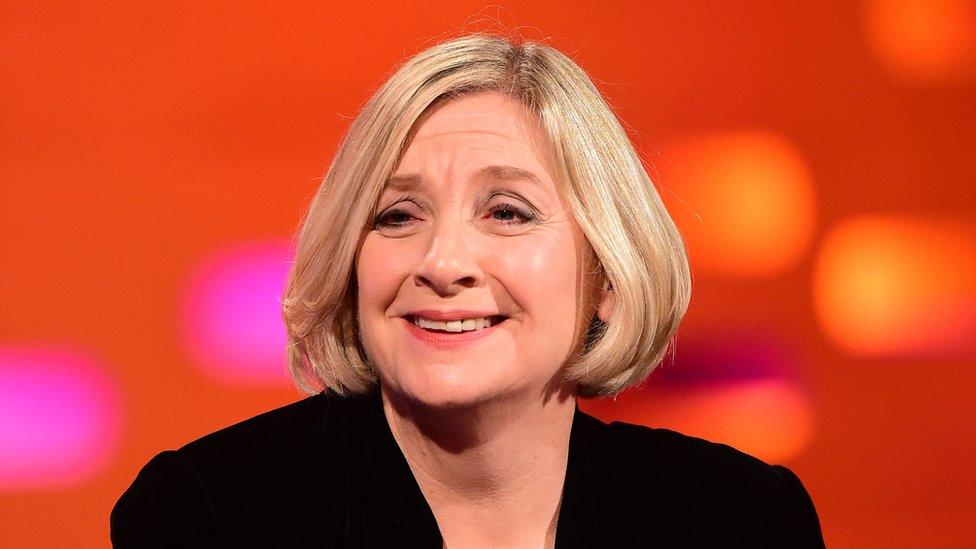Keeping cancer a secret: readers' experiences
- Published
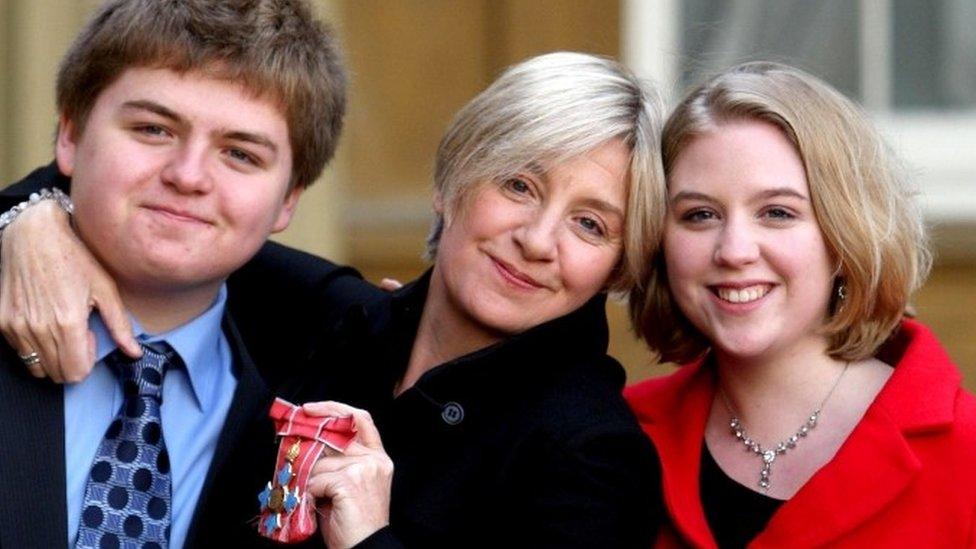
Victoria Wood confided in her children Henry and Grace
When Victoria Wood died of cancer last week only her immediate family knew she was battling the illness. Her brother described how he and some of her closest friends had no idea, but understood why she kept it private. After we wrote about why people decide to keep quiet about cancer a number of readers got in touch to share their stories. Here are just a few of them.

'It was too much to hide'
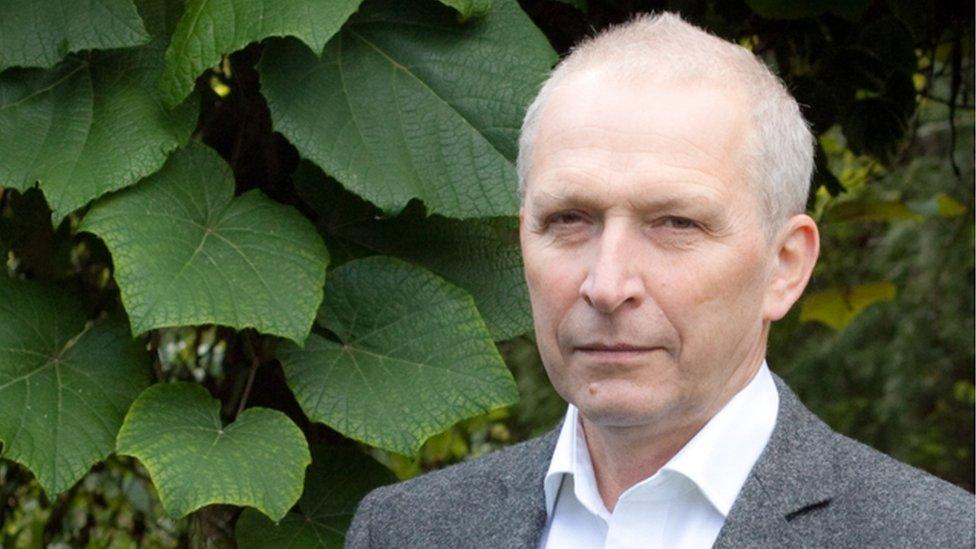
Bo Lutoslawski, from Suffolk, was 42 when he was diagnosed with non-Hodgkins lymphoma.
"At the time I told my wife, but I didn't tell my children. My sons were only three and seven at that time, and I only told my parents about it 10 years later after having a bone-marrow transplant.
"I live in the UK, while they live in Poland and I thought the stress and the distance would be terrible for them.
"In Poland, I told one friend I trusted. I didn't want the guys around me to think there was something wrong with me. I didn't want them to think 'this man is dying'.
"They used an experimental drug to treat me, but after a year the illness came back so I had to tell some people. After trying another powerful drug my hair fell out, so I had to tell everybody. It was too much to hide.
"When I did tell my colleagues about it they were incredibly kind. The warmth was extraordinary. They were far more kind than I predicted.
"When I thought the truth would come out, I had to tell my parents. It was a beautiful day, I took them for a walk and explained.
"I think it was the right thing to do. I left it a little too long. Looking back I wish I had told them a bit earlier."

'You go into protection mode'
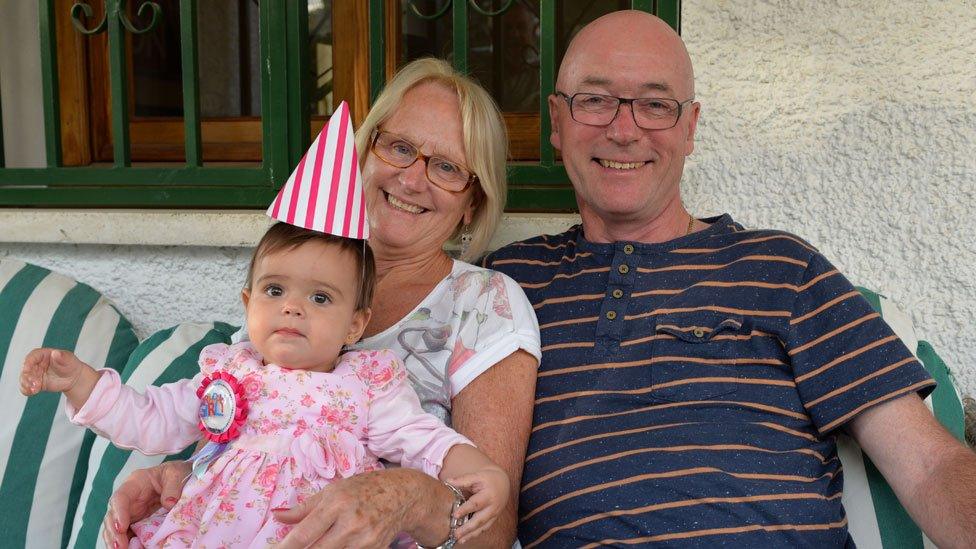
Adrian Plumridge, from Portsmouth, was diagnosed with male breast cancer almost six years ago, aged 59.
"I struggled to tell my immediate family. I did manage to, but kept it from my work colleagues and friends because it seemed wrong and embarrassing to have breast cancer as a man.
"I needed chemotherapy and became very prone to infection, needing frequent hospital and GP visits and dressing changes at home. As I worked at a training base for Royal Naval personnel I couldn't risk going to work and becoming infected with even a cold.
"It therefore became clear to work colleagues that I had serious problems as I was eventually off work for eight months.
"I popped in to see people and they wanted to know why my arm was in plaster and why I was covered in dressings, and why I didn't have any hair. But I didn't have the words to tell them. Your brain goes into protection mode, like an animal going into a bundle and sleeping until it's better.
"Your mind goes into a whirl, you've got all these appointments and you get into a fog. I barely had time to deal with it myself, let alone unburden myself on anyone else.
"With hindsight, it was a mistake not to tell people. Had I been more proactive at the outset and talked to a Macmillan advisor I may well have been more able to tell people. I regret that I didn't let people feel the tumour in my breast to make them aware of what to look for.
"Subsequent to this, I've had seven operations for bladder cancer and been more open. One of my colleagues had bladder problems and I was able to go through it with him. He was nervous but we talked for ages."

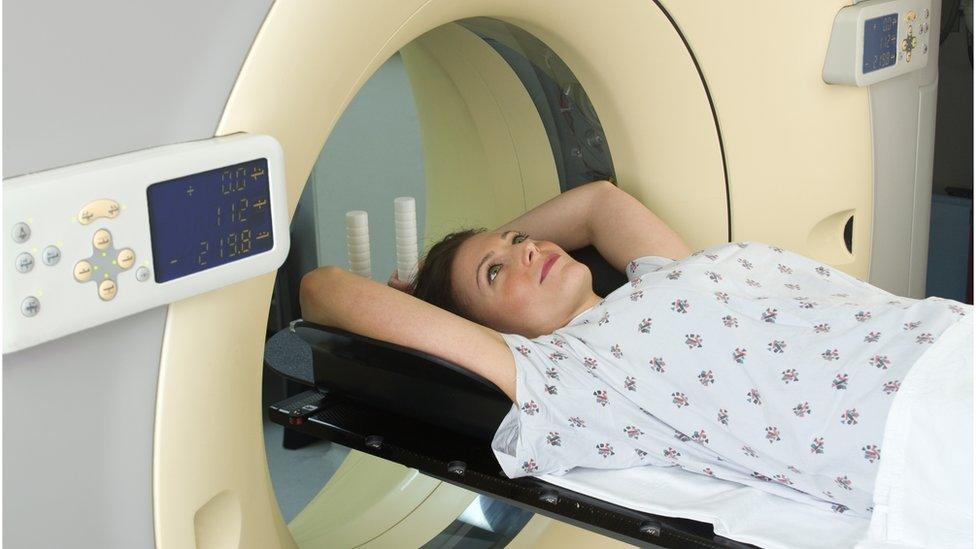
Maurice, 61 from Staffordshire, was diagnosed with early stage lung cancer four years ago.
"My elderly parents happened to go to Italy for a week just after I had surgery and I didn't have to face them until they returned. I was aware that the C-word would become a focus for both of their very significant anxieties.
"I didn't want to reflect the anxieties of others. I've heard that's common. Spreading the news seemed like spreading the misery.
"I was otherwise in very good shape and recovered quickly enough to accompany my mother on a ramble around Cannock Chase less than two weeks after the loss of my top right lung lobe.
"I regret allowing my 15-year-old son know about the problem as this weighed heavily enough to distract him from his GCSE exam studies.
"I was told there was a 50/50 chance of survival, but that's not the thought in your mind. The problem is my responsibilities to my parents and my children.
"What I learned has stopped me from informing anyone about the so far symptom-free non-Hodgkins lymphoma diagnosed a year after the surgery. You'd never know anything was wrong. I won't have treatment until it becomes symptomatic. I'll have ongoing therapy to keep it at bay.
"I've mentioned it to friends who also have lymphoma and to colleagues. It's also on my CV as it would be unfair to disappear from work."
- Published22 April 2016
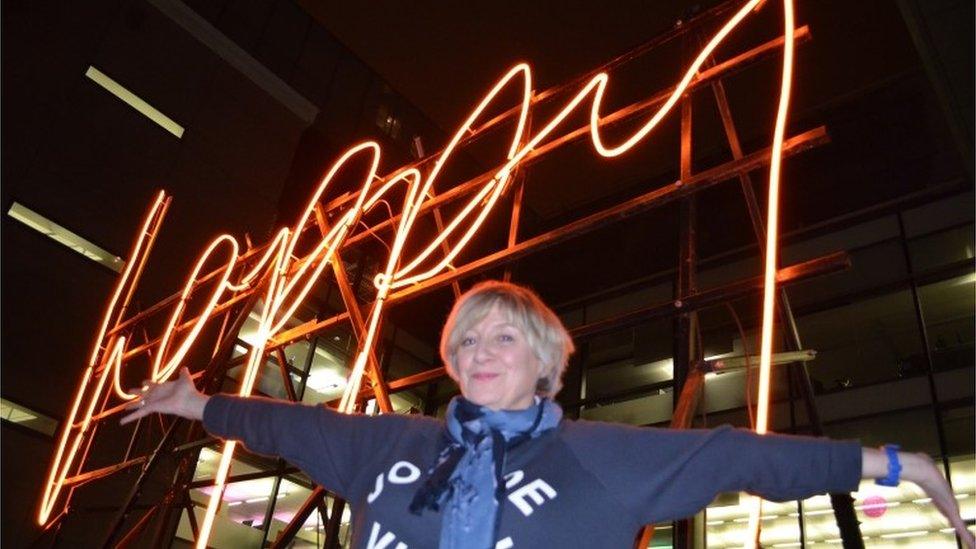
- Published20 April 2016
